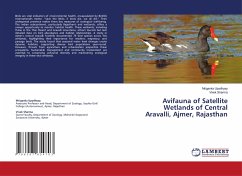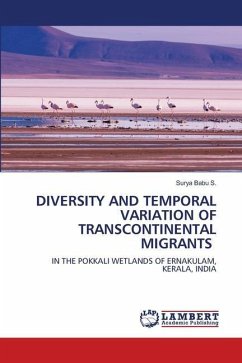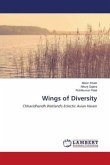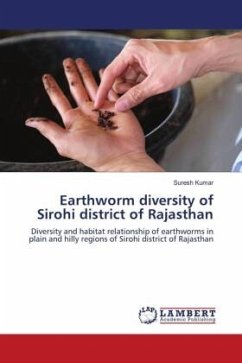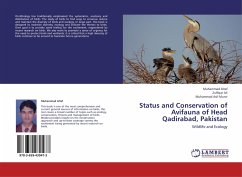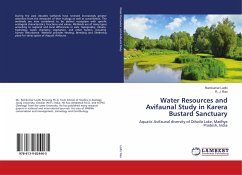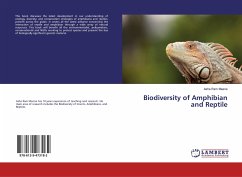Birds are vital indicators of environmental health, encapsulated by Birdlife International's motto: "Save the Birds; if birds die, we all die." Their widespread presence makes them key measures of ecological well-being. The Indian subcontinent, particularly Rajasthan's arid wetlands, offers a unique opportunity to monitor habitat health. These wetlands, including those in the Thar Desert and Aravalli mountains, attract tourists but lack detailed data on bird abundance and habitat relationships. A study in Ajmer's central Aravalli foothills documented 76 bird species across five wetlands, highlighting their importance for resident, migratory, and passage birds. The study found that seasonal water level changes create dynamic habitats, supporting diverse bird populations year-round. However, threats from agriculture and urbanization jeopardize these ecosystems. Sustainable management and community involvement are essential to conserving avifaunal diversity and maintaining ecological integrity in these vital wetlands.
Bitte wählen Sie Ihr Anliegen aus.
Rechnungen
Retourenschein anfordern
Bestellstatus
Storno

